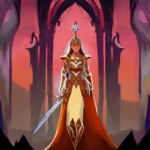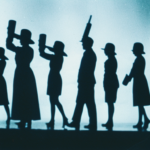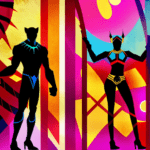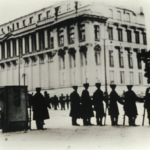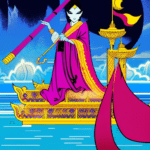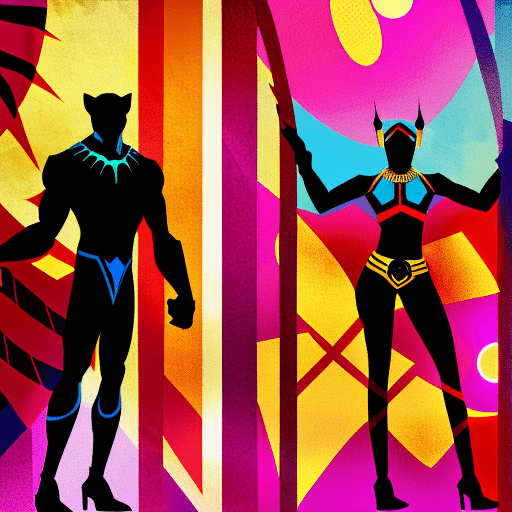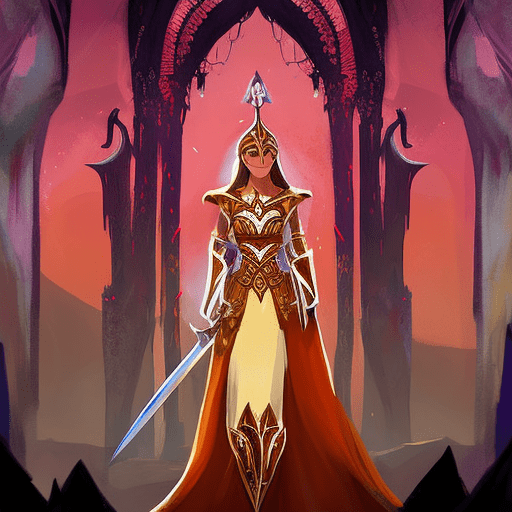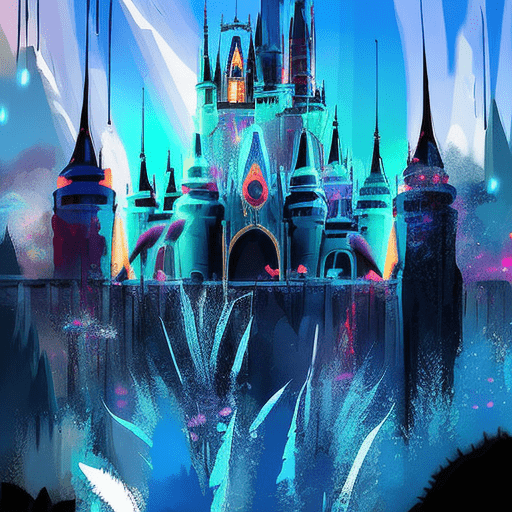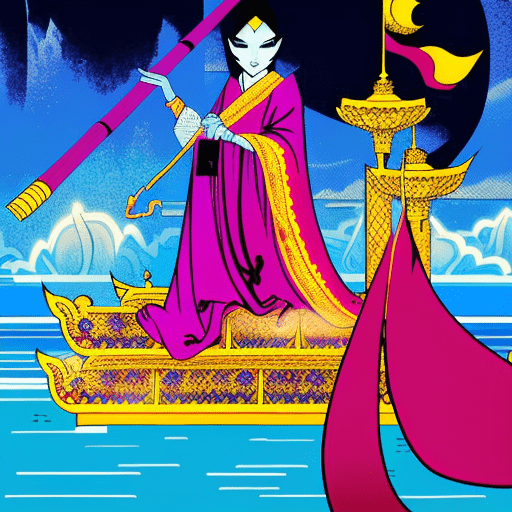Summary:
In “Black Panther, Vol. 1: A Nation Under Our Feet, Book One,” written by Ta-Nehisi Coates and illustrated by Brian Stelfreeze, we are introduced to T’Challa, the Black Panther and king of Wakanda, as he faces a series of challenges that threaten to tear his nation apart. As political unrest and rebellion brew within the borders of Wakanda, T’Challa must confront the consequences of his actions and find a way to restore harmony to his people.
Unrest in Wakanda
Wakanda, a technologically advanced and prosperous African nation, is facing a time of turmoil. T’Challa, the Black Panther, is struggling to maintain order as a group called “The People” rises up against him and the monarchy. Led by Tetu, a former ally of T’Challa, The People seek to overthrow the king and establish a new order in Wakanda. As protests and violence escalate, T’Challa realizes that he must address the underlying issues that have fueled this rebellion.
The Power of the People
Coates explores the power dynamics between the ruling class and the marginalized in “Black Panther, Vol. 1.” Through the character of Tetu, he highlights the frustration and anger of those who have been oppressed and overlooked in Wakanda. Tetu believes that the monarchy has failed its people and that true power lies in the hands of the masses. This theme resonates with real-world struggles for social justice and equality, making the story of “Black Panther” not just a superhero tale, but also a commentary on societal issues.
T’Challa’s Inner Struggles
As T’Challa grapples with the rebellion in Wakanda, he also faces personal challenges and doubts. He questions his own abilities as a leader and the choices he has made in the past. T’Challa seeks guidance from his sister, Shuri, and his mother, Ramonda, who remind him of his duty to his people and the importance of finding a balance between tradition and progress. Through T’Challa’s internal struggles, Coates explores the complexities of leadership and the weight of responsibility.
Key Takeaways:
- Political unrest and rebellion threaten the stability of Wakanda.
- The People, led by Tetu, seek to overthrow the monarchy and establish a new order.
- The story explores power dynamics and the struggle for social justice.
- T’Challa questions his abilities as a leader and seeks guidance from his family.
- The book highlights the complexities of leadership and the importance of finding a balance between tradition and progress.
“Wakanda is not a nation of gods. We are men and women, like any other country. We have our faults, our flaws, our secrets. But we are Wakanda. And we are strong.”
– T’Challa
In “Black Panther, Vol. 1: A Nation Under Our Feet, Book One,” Coates and Stelfreeze deliver a thought-provoking and visually stunning exploration of power, identity, and the responsibilities that come with leadership. Through the struggles of T’Challa and the people of Wakanda, the story reminds us of the importance of addressing social inequalities and finding ways to create a more just society. With its rich storytelling and compelling artwork, this volume sets the stage for an epic journey that will captivate readers and leave them eagerly awaiting the next installment. So, grab a copy of “Black Panther, Vol. 1” and immerse yourself in the world of Wakanda, where heroes are born and nations are shaped. Wakanda forever!
